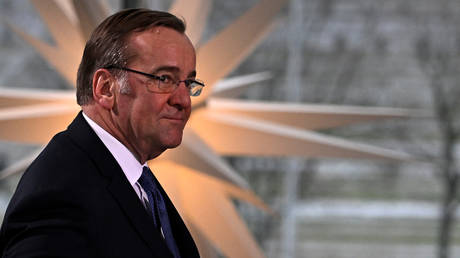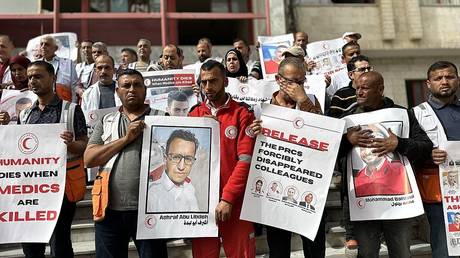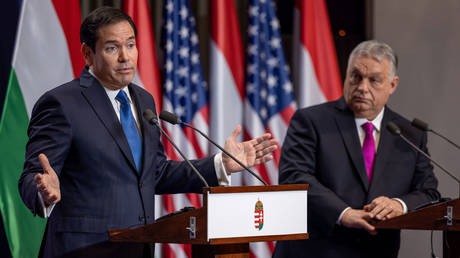
Moscow has previously dismissed claims that it plans to strike NATO as “complete nonsense”
Germany should be ready to respond to a possible Russian attack, Defense Minister Boris Pistorius has warned. He said that to prepare for such a scenario, Germany and its NATO allies must commit to strengthening their military capabilities.
In an interview with German public broadcaster ZDF on Monday, the defense chief pointed out that while Germany is not currently under a direct threat of attack, the country should do its best to be prepared for it.
If Germany wants to be ready for an attack “that you don’t know if and when it will occur, then that means you have to arm yourself – and that’s what we’re currently doing together with allies in NATO,” he explained.
Pistorius went on to say that “deterrence is the only effective means of positioning oneself against an aggressor from the outset” as it signals to a potential adversary that the target is capable of striking back. To achieve such a posture, however, Germany must have “a credible deterrent” and be able to “wage a war that is forced upon us,” he noted.
Commenting on a potential scenario in which Russia attacked the Baltics, Pistorius remarked that Berlin was setting up its “Lithuania Brigade” specifically to address those concerns. The unit, composed of about 4,800 soldiers is expected to be ready by 2027 and will be the first German force to be permanently stationed abroad since World War II.
Pistorius suggested that amid the Ukraine conflict it would take Russia at least several years to be ready for a full-scale offensive, and that Western countries should use the time to intensively arm themselves.
The German tabloid Bild reported earlier this month, citing a classified document, that Germany is preparing for a scenario in which Russia launches an “open attack” on NATO in mid-2025, following major victories in Ukraine. Moscow mocked the prediction as a “zodiac forecast.”
Russian President Vladimir Putin has dismissed claims that Russia could attack NATO as “complete nonsense,” arguing that Moscow has “no geopolitical, economic… or military interest” in doing so. Still, the Kremlin has for decades voiced concerns about the US-led military bloc’s expansion towards Russian borders, viewing it as an existential threat.




